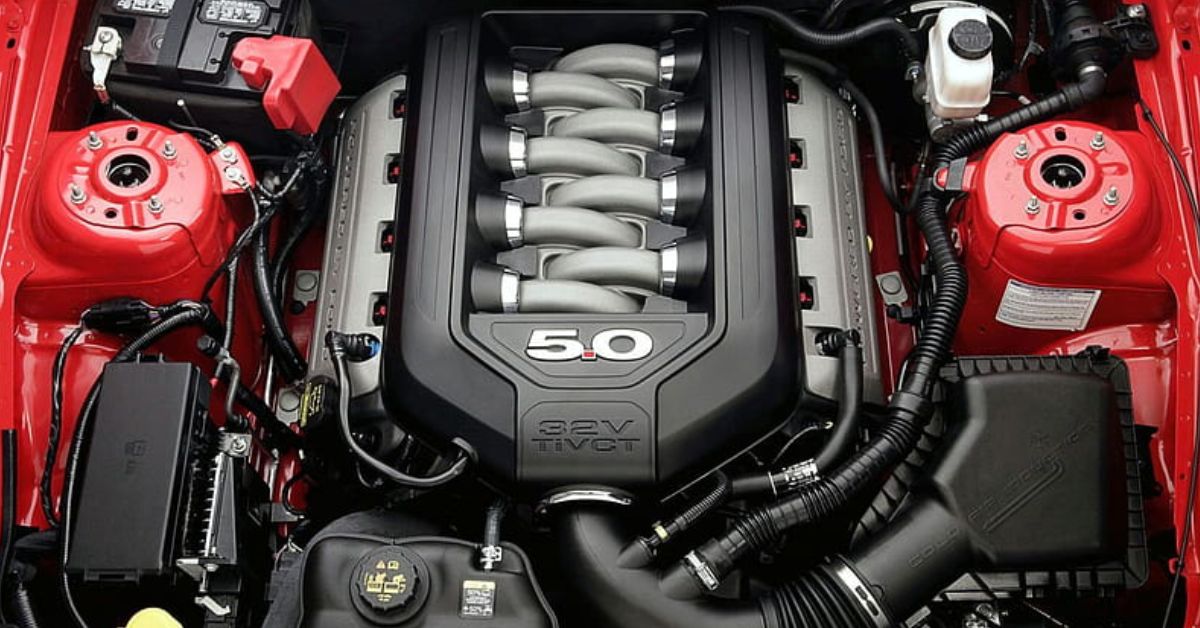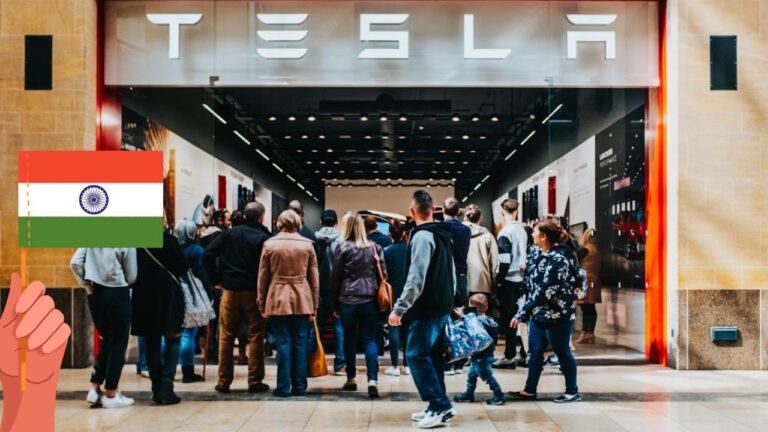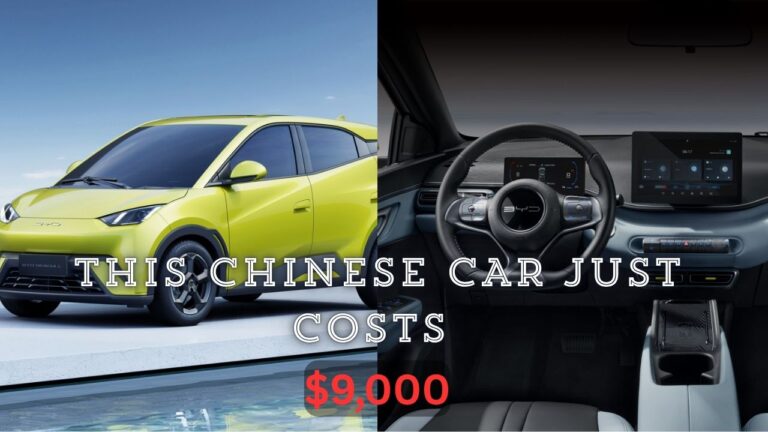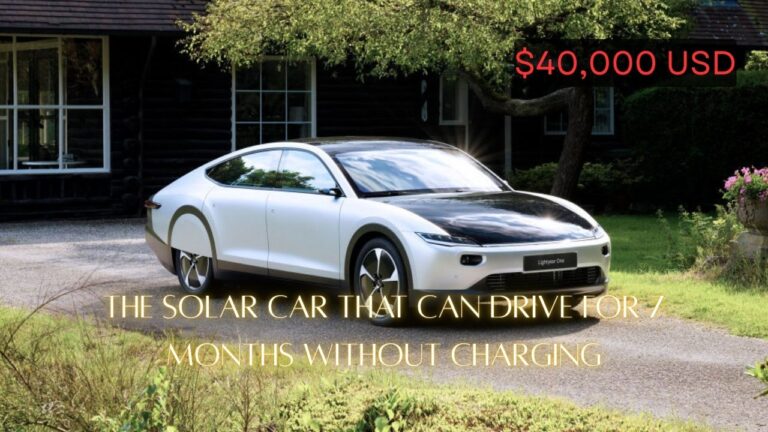Ford is phasing out gasoline cars by 2030 and switching to an all-electric lineup. Discover how this move will affect car buyers, jobs, EV infrastructure, and the future of the auto industry.
Introduction: Ford’s Electric Vehicle Revolution is Officially Underway
In a historic announcement that’s shaking the global auto industry, Ford Motor Company has pledged to stop selling gasoline-powered vehicles by 2030, aiming for a fully electric lineup. This bold move puts Ford among the first major automakers to fully commit to an all-electric vehicle future, and it signals a seismic shift in how we drive, fuel, and interact with transportation.
But what does this mean for the average car buyer? Will gas stations disappear? Will electric vehicles (EVs) become cheaper? And how will Ford’s decision affect the broader automotive ecosystem?
Let’s break down Ford’s plan to ditch gasoline cars by 2030, what this means for you, and how to prepare for the all-electric future.
Why Is Ford Ditching Gasoline Cars by 2030?
The move aligns with growing environmental pressures, government regulations, and changing consumer demands. Countries like the UK, Germany, and even states like California have announced future bans on internal combustion engine (ICE) vehicles. In response:
- Ford has committed $50 billion to electric vehicle development.
- The company plans to electrify its entire passenger car lineup in Europe by 2030.
- Globally, Ford expects 40-50% of vehicle sales to be electric by 2030.
Long-tail keyword: “Ford electric vehicle strategy 2030”
What Will Happen to Ford’s Current Gasoline and Hybrid Cars?
By 2025, many of Ford’s most popular models — like the F-150, Mustang, and Explorer — will have hybrid or fully electric versions. However:
- Traditional gas models will be gradually phased out.
- Plug-in hybrids may serve as a transition technology until full EV adoption.
- Popular ICE trucks may continue in select global markets until infrastructure catches up.
Long-tail keyword: “What will happen to Ford gas cars after 2030”
How Will Ford’s Electric Vehicle Plan Affect Car Buyers?
1. More Affordable EV Options
Ford’s mass production of EVs will eventually drive down electric car prices. With federal EV tax credits and state incentives, EV ownership could soon be more affordable than gasoline cars.
2. Lower Maintenance Costs
Electric vehicles have fewer moving parts, which means lower maintenance and repair costs over time — a win for consumers.
3. Charging Infrastructure Is Expanding
Ford is partnering with companies like Tesla, Electrify America, and Shell Recharge to rapidly expand EV charging stations across North America and Europe.
4. New Buying Experience
Expect digital-first, Tesla-style direct-to-consumer EV sales, over-the-air updates, and connected vehicle ecosystems that revolutionize how you interact with your car.
Long-tail keywords:
- “Benefits of owning a Ford electric car”
- “Will electric vehicles be cheaper than gas cars”
What About the Jobs? Ford’s Electric Shift and Workforce Transition
Ford’s shift to electric will reshape its workforce. While EV manufacturing requires less labor than ICE production, Ford is:
- Investing in worker retraining programs for battery and software skills.
- Building new EV-focused plants in Tennessee and Kentucky.
- Planning to create thousands of green energy jobs tied to battery and EV production.
Long-tail keyword: “Ford EV plan job impact on workers and factories”
How Ford’s Decision Impacts the Global Auto Industry
Ford’s all-electric commitment is pressuring rivals like GM, Toyota, and Stellantis to accelerate their own EV roadmaps. Industry experts predict:
- An intensified race for EV market share.
- Greater innovation in battery technology and EV performance.
- Broader policy shifts favoring zero-emissions vehicles across the globe.
Long-tail keyword: “How Ford going all electric will impact the auto industry”
Will Gas Stations and Repair Shops Become Obsolete?
While gas stations won’t disappear overnight, a drop in gasoline vehicle sales will reduce demand. Expect:
- More EV charging stations at gas stations and retail centers.
- Traditional repair shops to pivot toward electric vehicle servicing.
- Dealerships to focus more on EV sales, software upgrades, and battery services.
Long-tail keywords:
- “Will gas stations survive electric cars”
- “Electric vehicle impact on auto repair shops”
How to Prepare for the Electric Future as a Ford Buyer or Owner
- Start Researching EV Models Now: Ford offers the Mustang Mach-E, F-150 Lightning, and E-Transit — with more on the way.
- Explore Incentives: Federal and state governments offer up to $7,500 in EV tax credits.
- Get Familiar with EV Charging: Learn the difference between Level 1, Level 2, and DC fast charging.
- Plan for Home Charging: Many Ford EV owners are installing Level 2 chargers at home for convenience.
- Think Long-Term: Buying an EV today means lower running costs and higher resale value tomorrow.
Long-tail keywords:
- “How to prepare for switching to an electric car”
- “Best Ford EVs to buy in 2025”
Final Thoughts: Ford’s Gasoline Exit Is Just the Beginning
Ford’s decision to go fully electric by 2030 is more than a business shift — it’s a global milestone. It marks the end of an era for the combustion engine and the rise of a clean, connected, and sustainable mobility future.
Whether you’re a loyal Ford buyer, a car enthusiast, or just someone wondering what to drive next, now’s the time to start exploring what electric vehicles have to offer. The roads are changing — and with Ford leading the charge, the future looks electric.




